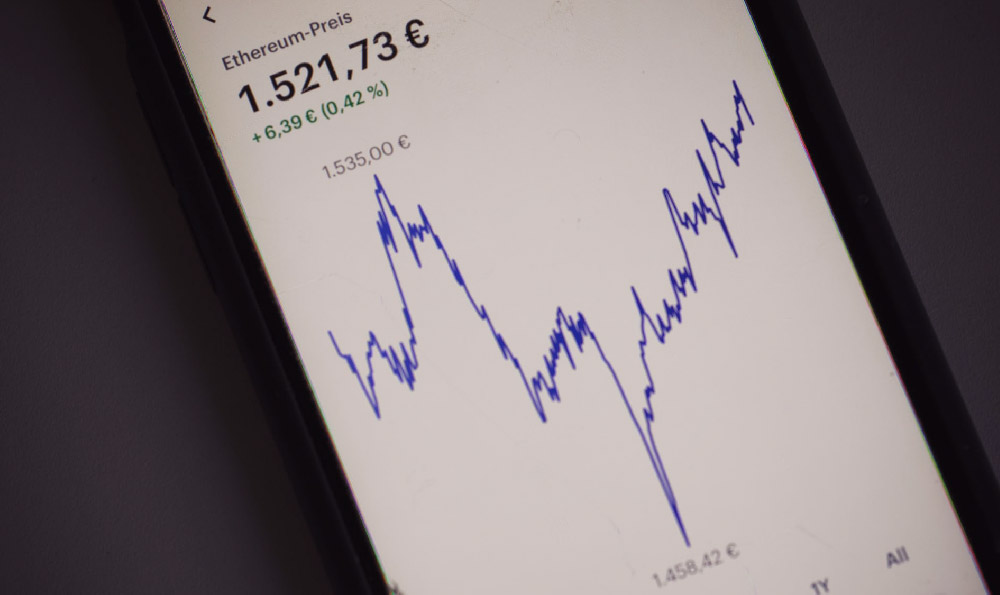
The story of Keith Gill, known online as Roaring Kitty (on YouTube) and DeepFuckingValue (on Reddit), captivated the internet and Wall Street alike in early 2021. It's a tale of a seemingly ordinary retail investor taking on established hedge funds and, for a brief period, winning big. Determining precisely how much Gill made from his GameStop (GME) investment is challenging due to privacy concerns and the volatile nature of his positions. However, we can piece together an estimate based on available information and analyze the strategy he employed.
Based on screenshots Gill shared on Reddit, he initially invested around $53,000 in GameStop stock and call options in 2019. As the stock price began to soar in January 2021, his portfolio valuation reportedly reached a peak of nearly $48 million. This represents an astronomical return of over 90,000%. However, this figure is a snapshot in time. The value likely fluctuated wildly as the stock experienced extreme volatility. He didn't liquidate his entire position at the peak, choosing instead to remain invested, believing in the long-term potential of GameStop's transformation. This decision significantly impacted his ultimate gains, as the stock price eventually retreated from its highs.
While the exact final profit remains undisclosed, it's reasonable to estimate that Gill walked away with millions of dollars. Even after the stock's decline, his initial investment had multiplied many times over. The true extent of his earnings is further complicated by potential profits from selling covered calls against his shares, a strategy he mentioned using. This would have generated additional income, though it would also cap his potential upside.

So, how did Roaring Kitty manage this remarkable feat? It wasn't luck alone; it was a combination of thorough research, a contrarian investment thesis, and a deep understanding of options trading.
Gill wasn't simply following the herd. He conducted extensive due diligence on GameStop, analyzing its financials, management team, and future prospects. He identified that the company was heavily shorted by institutional investors, meaning a significant portion of the stock was being borrowed and sold in anticipation of a price decline. This created a situation ripe for a "short squeeze."
A short squeeze occurs when a heavily shorted stock begins to rise in price. As the price increases, short sellers are forced to buy back the stock to cover their positions and limit their losses. This buying pressure further drives up the price, creating a self-reinforcing cycle. Gill recognized this potential and believed that GameStop was undervalued, making it a prime candidate for a short squeeze.
Beyond identifying the potential for a short squeeze, Gill's mastery of options trading played a crucial role in amplifying his gains. He primarily used call options, which gave him the right, but not the obligation, to buy GameStop stock at a specific price (the strike price) before a specific date (the expiration date). By purchasing call options instead of directly buying the stock, he could control a larger number of shares with a smaller initial investment. This significantly increased his leverage, allowing him to generate much larger returns if his prediction proved correct.
However, options trading is inherently risky. If the stock price doesn't rise above the strike price before the expiration date, the option becomes worthless, and the investor loses their entire investment. Gill's deep understanding of options pricing, volatility, and expiration dates was crucial to his success. He carefully selected options with strike prices and expiration dates that aligned with his investment thesis and risk tolerance.
Furthermore, Gill's open and transparent communication on social media platforms like YouTube and Reddit played a significant role in the GameStop saga. He shared his research, analysis, and investment strategy with a growing community of retail investors. His genuine enthusiasm, clear explanations, and commitment to his investment thesis resonated with many, who then joined him in buying GameStop stock and call options. This collective buying pressure further fueled the short squeeze, driving the stock price to unprecedented levels.
It's important to note that Gill's actions were not without controversy. Some critics accused him of market manipulation, arguing that his social media activity artificially inflated the price of GameStop stock. However, investigations by regulatory bodies, including the Securities and Exchange Commission (SEC), have not found conclusive evidence of illegal activity. Gill maintained that he was simply sharing his investment analysis and that he genuinely believed in the long-term potential of GameStop.
The GameStop saga and the story of Roaring Kitty highlight several important lessons for investors. First, thorough research and a deep understanding of the companies you invest in are essential. Don't simply follow the crowd; develop your own investment thesis based on fundamental analysis. Second, understand the risks and rewards of different investment instruments, including options. Leverage can amplify your gains, but it can also magnify your losses. Third, be wary of social media hype and "get rich quick" schemes. Invest responsibly and within your risk tolerance. Finally, consider the long-term implications of your investment decisions. Chasing short-term gains can be tempting, but a well-diversified portfolio and a long-term investment horizon are crucial for building wealth.
While the Roaring Kitty story is captivating, it's essential to remember that his success was an exceptional and perhaps even improbable outcome. Replicating his gains is highly unlikely and could lead to significant financial losses. Investing should be approached with caution, discipline, and a clear understanding of your own financial goals and risk tolerance. Don't gamble your life savings on meme stocks or speculative investments. Instead, focus on building a diversified portfolio of high-quality assets that align with your long-term financial objectives. Ultimately, Roaring Kitty's story, while inspiring to some, should serve as a reminder of both the potential rewards and the inherent risks of investing in the stock market.





